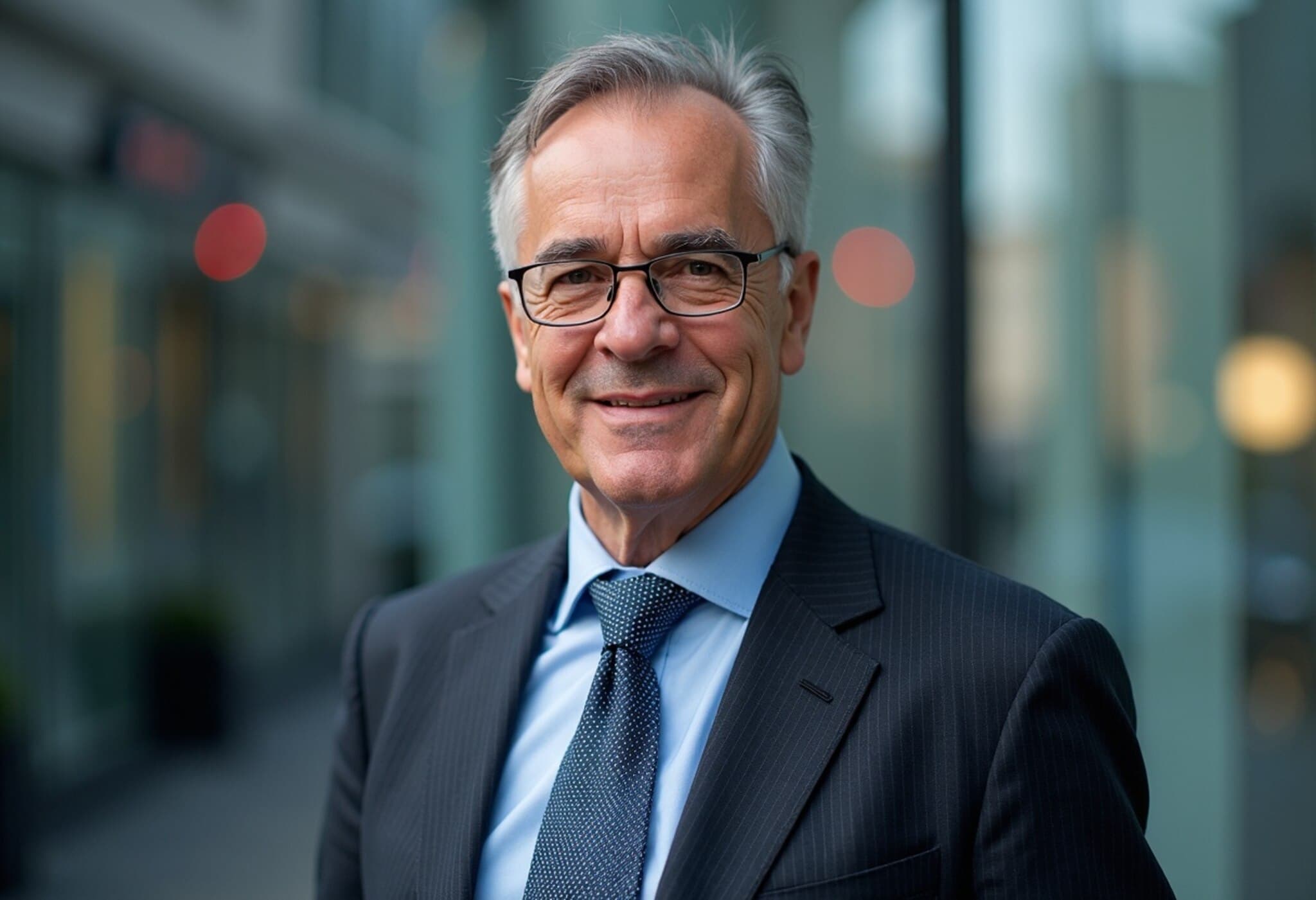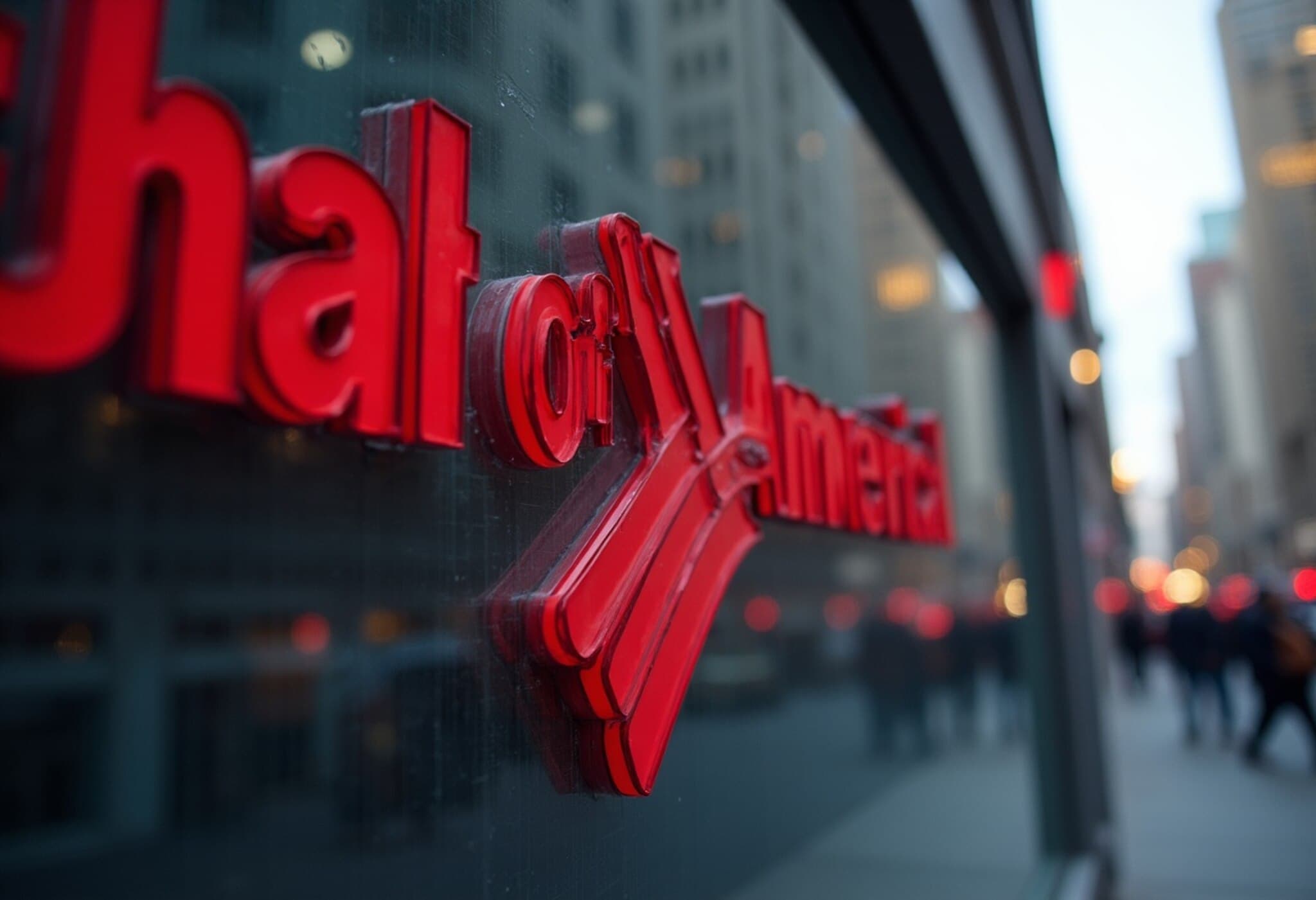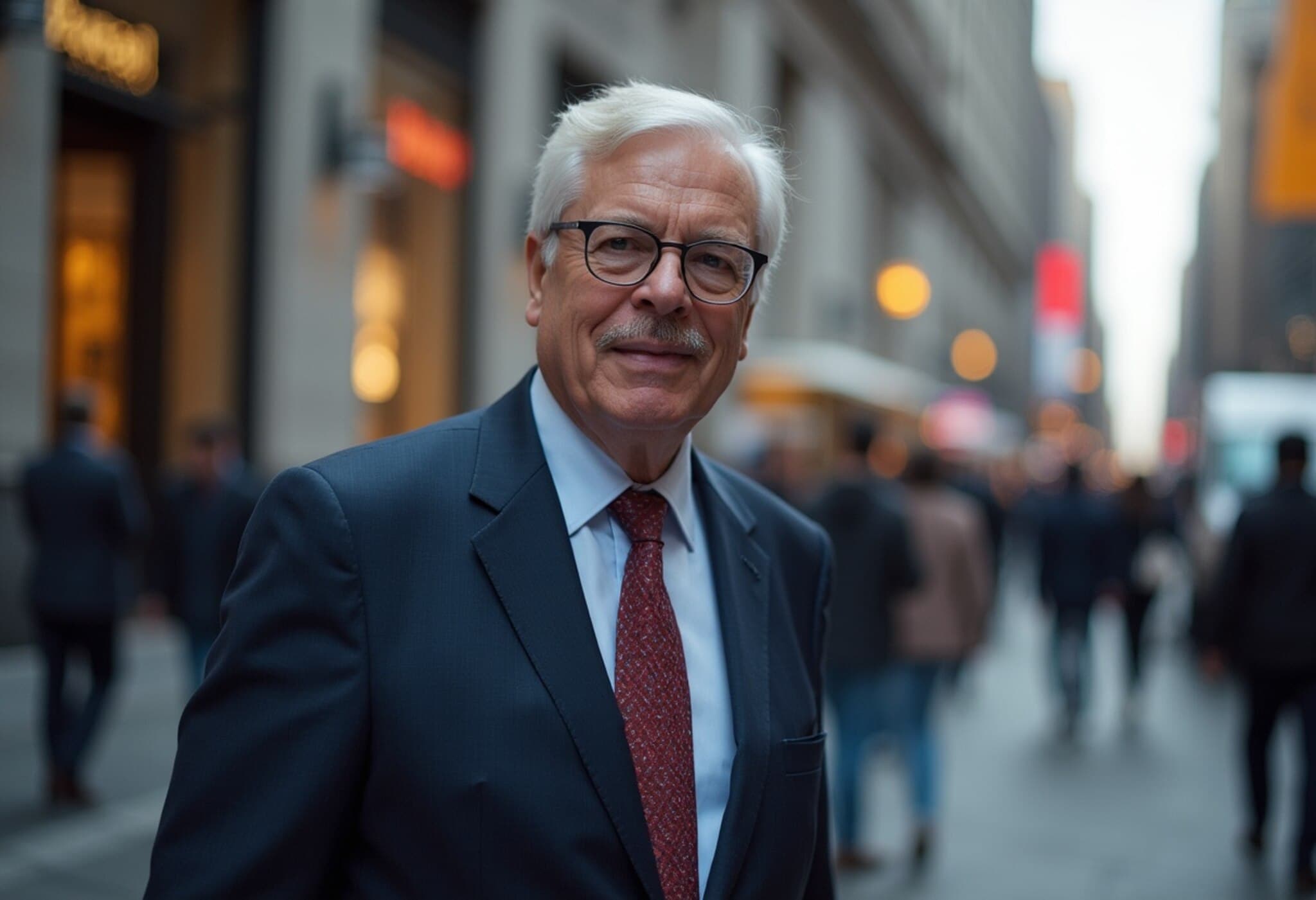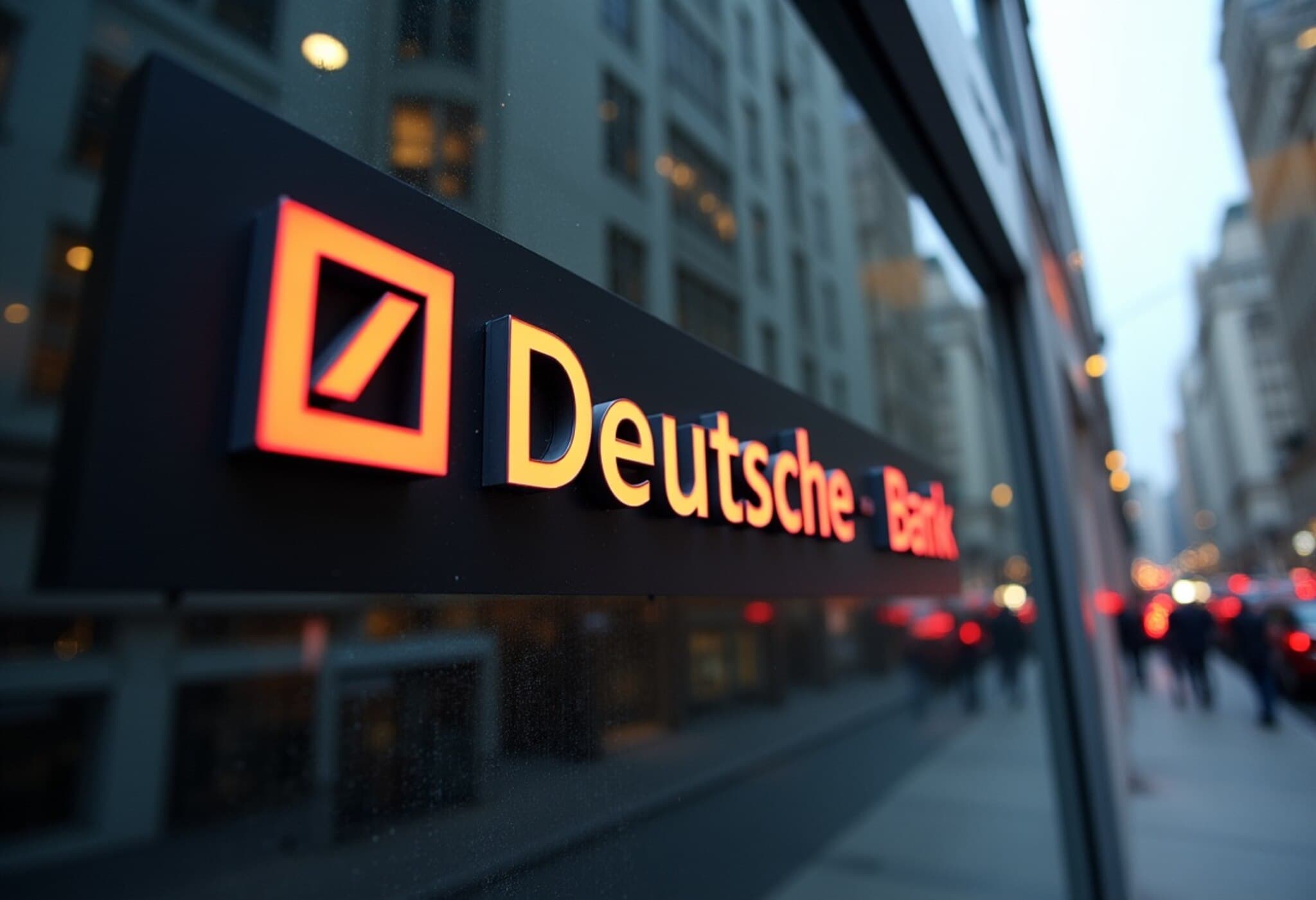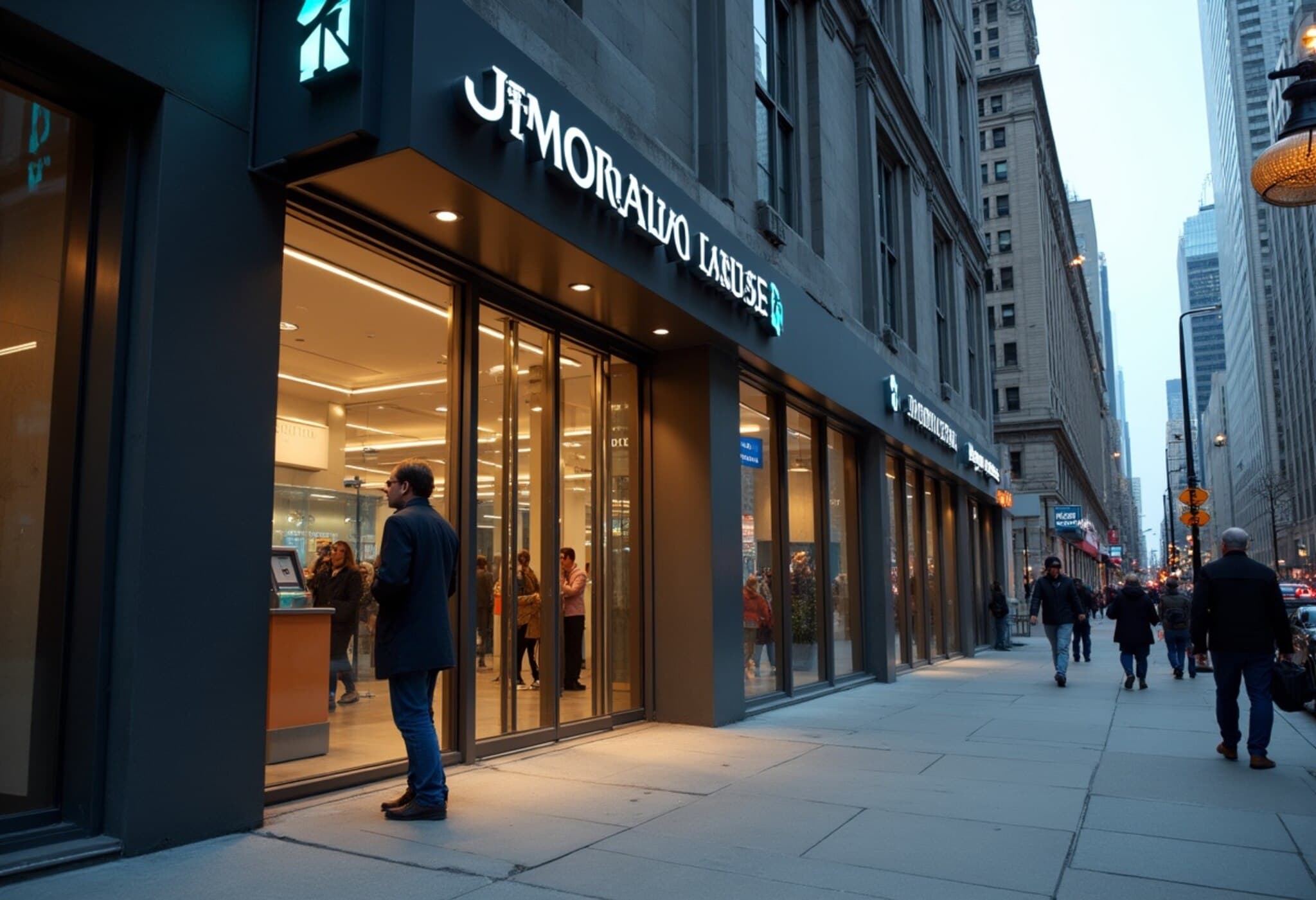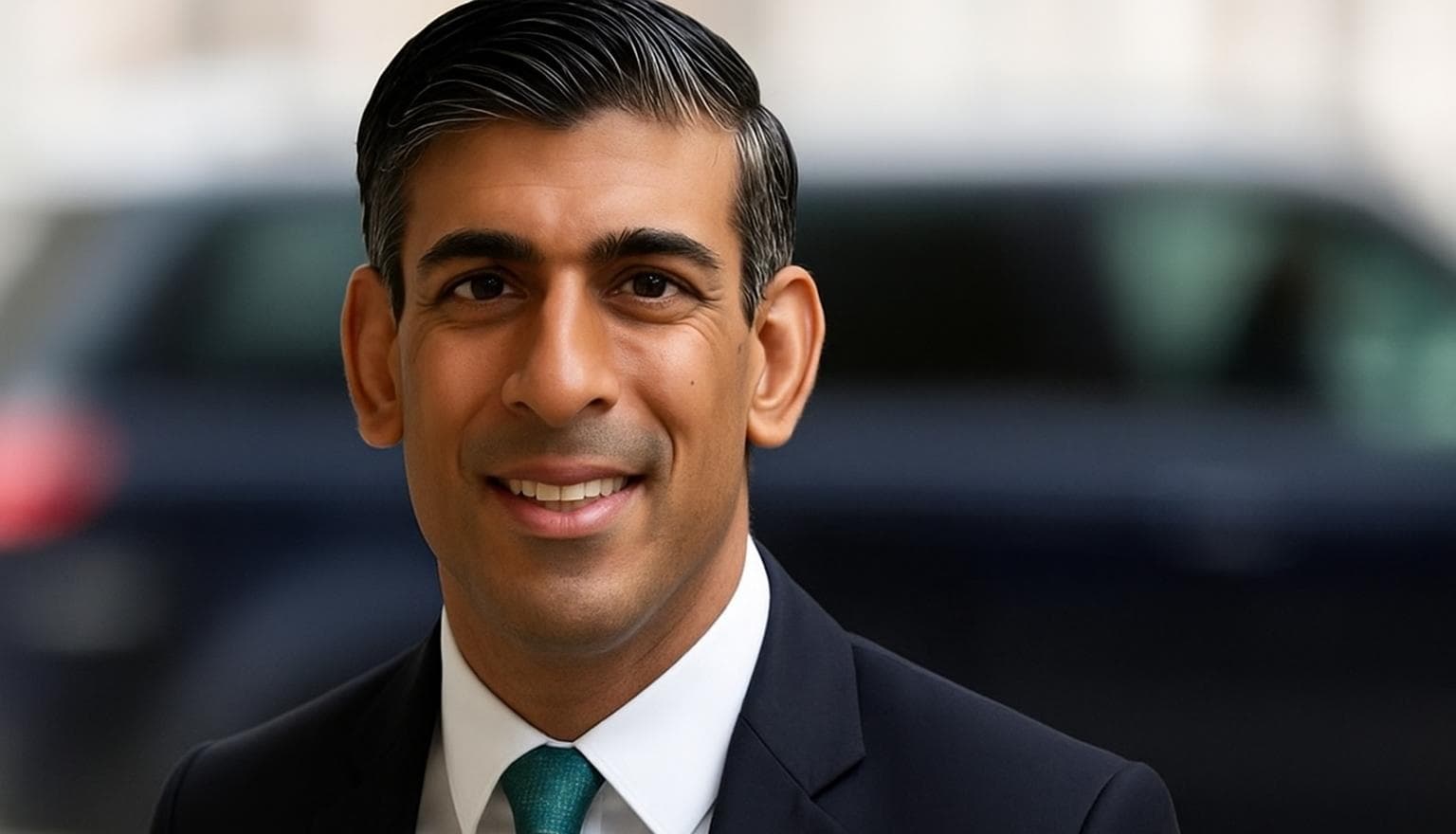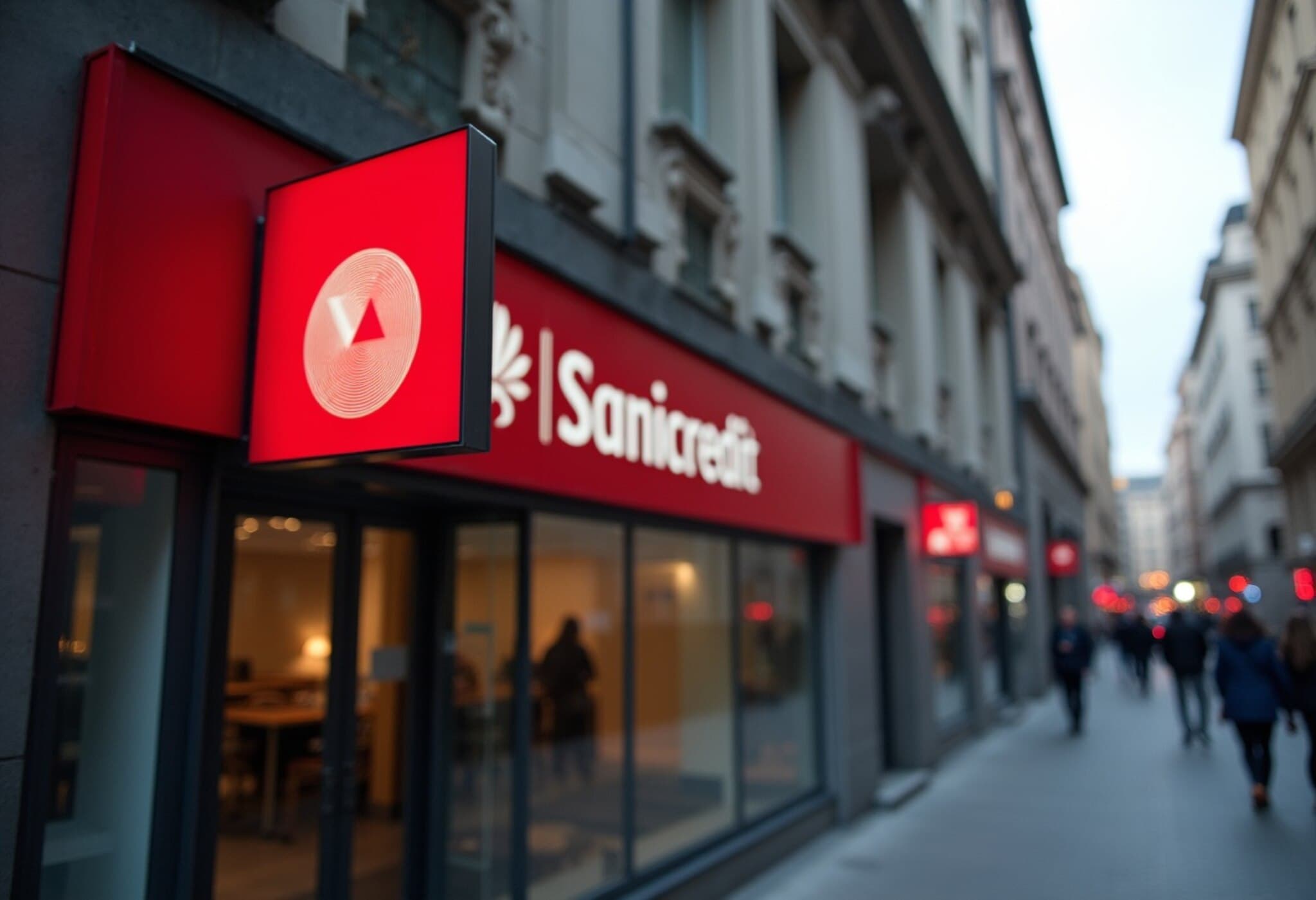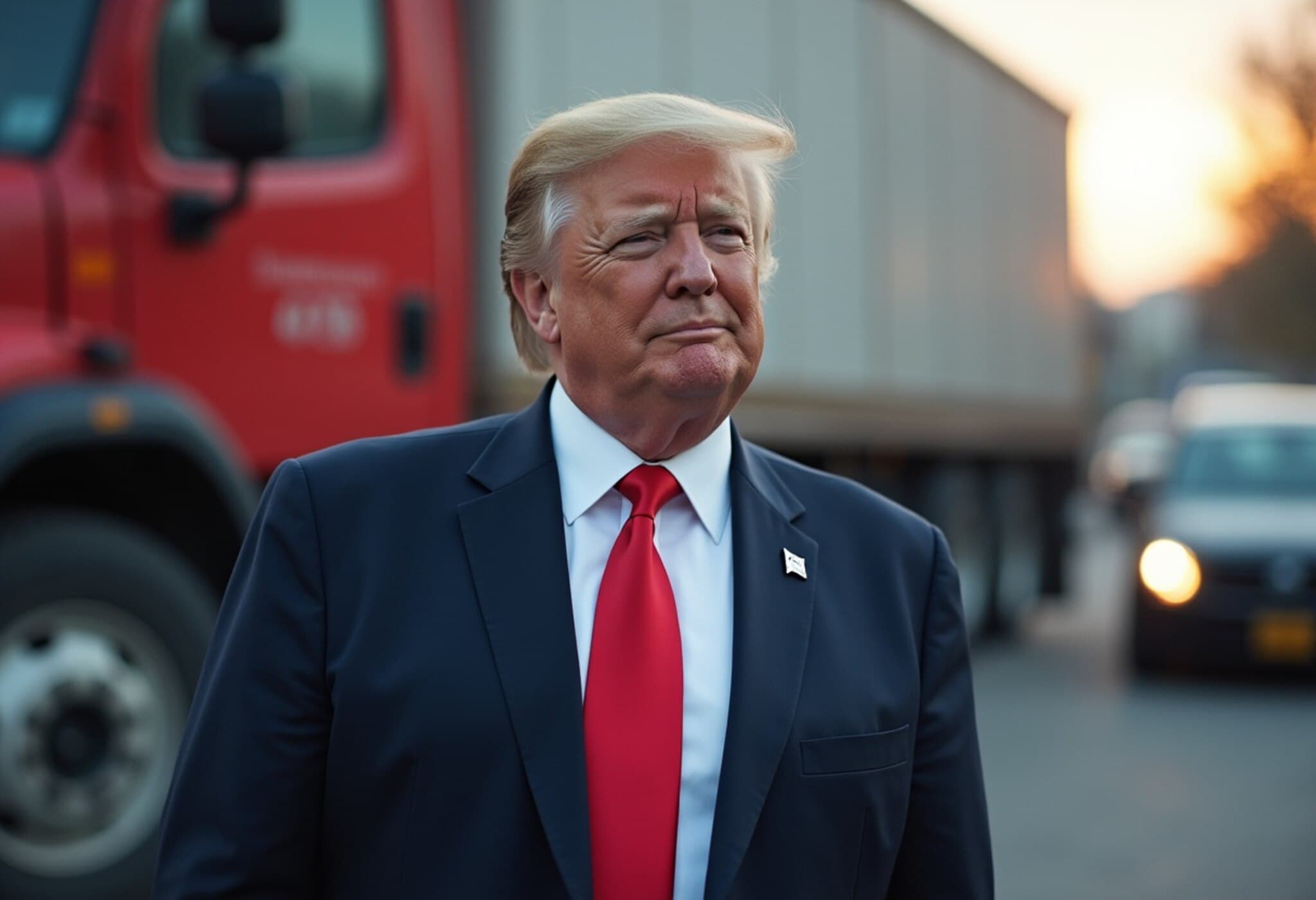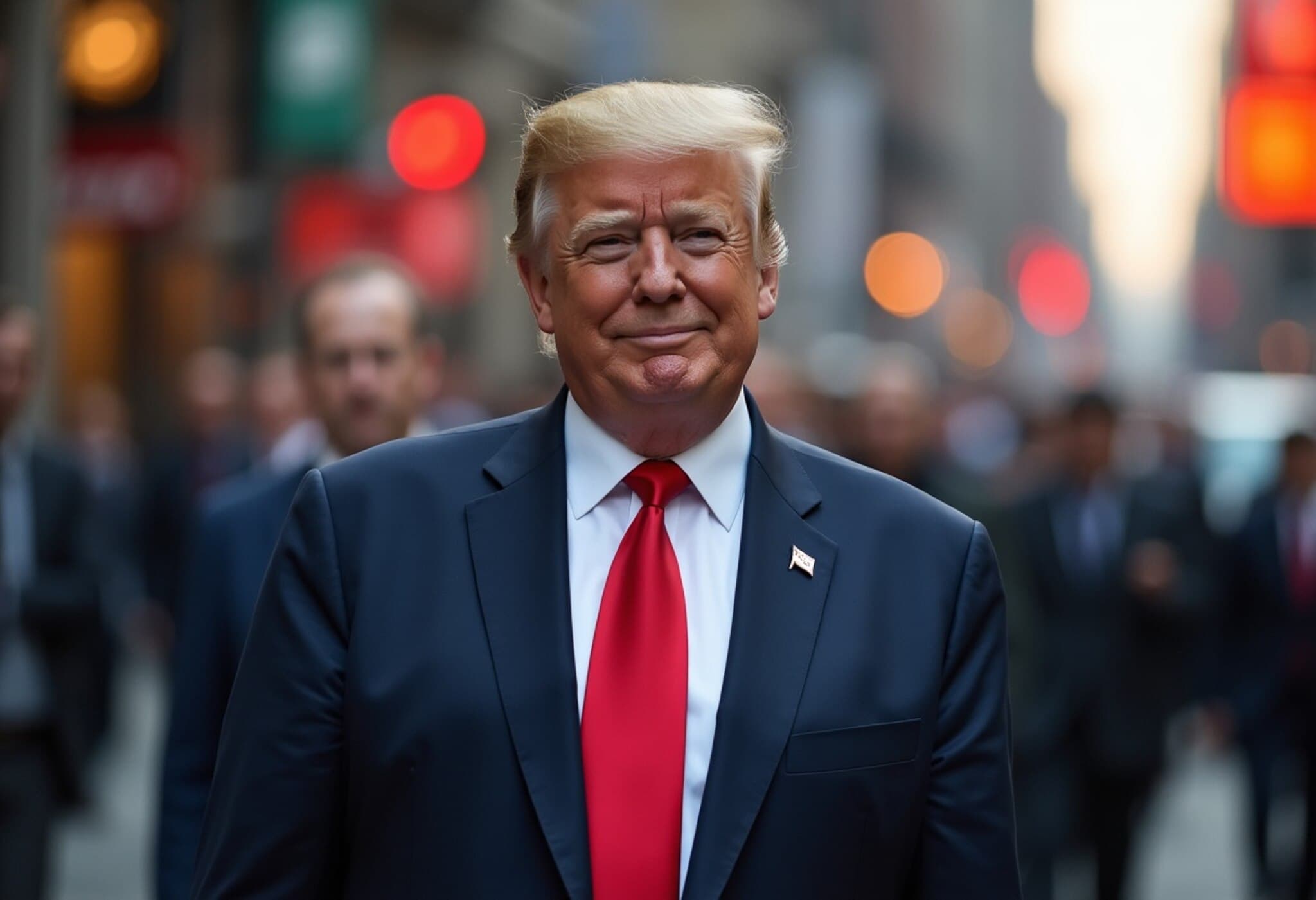UniCredit Revises Profit Outlook Amid Strategic Refocus
Italian banking giant UniCredit has delivered a robust second-quarter earnings report, revealing a sharp increase in profits and lifting its full-year guidance. This financial upswing comes immediately following the bank’s decision to withdraw its hostile takeover bid for Banco BPM, a move that CEO Andrea Orcel described as a “drag” on the company’s momentum.
Second-Quarter Financial Highlights
- Net profit soared 25% year-on-year to €3.3 billion, including one-off items, or €2.9 billion excluding them.
- Net revenues dipped by 4.7% year-over-year to €6 billion, partly due to the consolidation of UniCredit’s stake in German lender Commerzbank.
- Return on tangible equity climbed to 24.1%, up from 22% in the first quarter.
- The bank’s CET 1 capital ratio, a key solvency measure, increased slightly to 16.2%.
- Net interest income remained steady at €3.5 billion, down marginally by 0.3% from Q1.
Strategic Shift: Abandoning Banco BPM Bid
UniCredit’s decision to end its pursuit of Banco BPM was announced just one day before the offer period was set to expire. This came after mounting resistance from the Italian government, which applied its so-called “golden power” authority to intervene in deals deemed sensitive to national interests. Under Prime Minister Giorgia Meloni’s administration, this power has been exercised rigorously, imposing stringent conditions that UniCredit found limiting its ability to engage with Banco BPM shareholders effectively.
“It had become a drag on us,” Orcel candidly told CNBC, emphasizing that the protracted takeover effort was hindering UniCredit’s broader value-creation goals.
He elaborated, “We felt we were moving faster than Banco BPM, and the value dynamics shifted. More importantly, government intervention left no viable path forward. It was time to cut our losses and focus on what we control.”
Enhanced Profit Guidance and Shareholder Returns
With the Banco BPM distraction behind it, UniCredit updated its full-year net profit target to €10.5 billion, a substantial increase from the €9.3 billion forecast issued earlier this year. Furthermore, the bank plans to distribute €9.5 billion to shareholders throughout 2025, with at least €4.75 billion returned as cash dividends—a signal of financial strength and shareholder confidence.
Broader Context: European Banking M&A Landscape
UniCredit’s experience highlights the complex interplay between banking consolidation ambitions and political-economic safeguards within the European Union. The use of “golden powers” — government rights to block or condition foreign or private sector transactions in sensitive sectors — has become a contentious issue, not only in Italy but throughout Europe. For instance, Spain’s intervention in Banco Bilbao Vizcaya Argentaria’s attempted takeover of Sabadell parallels the resistance UniCredit faced.
This regulatory environment injects unpredictability into cross-border mergers and acquisitions, raising questions about the future shape of Europe’s banking sector, especially as economic conditions and geopolitical tensions evolve.
Looking Ahead: Focus on Controlled Growth
While UniCredit has stepped back from one immediate acquisition, it still holds a near 28% stake in Commerzbank, including 20% converted to equity, although this bid faces opposition from the German government. CEO Orcel’s statements emphasize a pragmatic approach: prioritizing value creation and financial resilience over expansion for expansion’s sake.
“As CEO, my mandate is not to do M&A at any cost,” Orcel said. “I’m tasked with making this bank strong and prepared for the future. If M&A aligns with that goal, great—if not, then we focus on organic growth.”
Editor’s Note
UniCredit’s pivot away from the Banco BPM bid after robust quarterly results offers a telling glimpse into the evolving dynamics of European banking consolidation. As governments wield regulatory power to safeguard national interests, banks must navigate a tighter landscape where strategic patience and operational control are paramount. For U.S. investors and analysts, this case underscores the critical importance of understanding international regulatory climates when assessing global banking M&A opportunities. Will regulatory interventions shift from barriers to safeguards, or do they signal a fundamental reshaping of cross-border finance? UniCredit’s journey prompts these vital questions.

